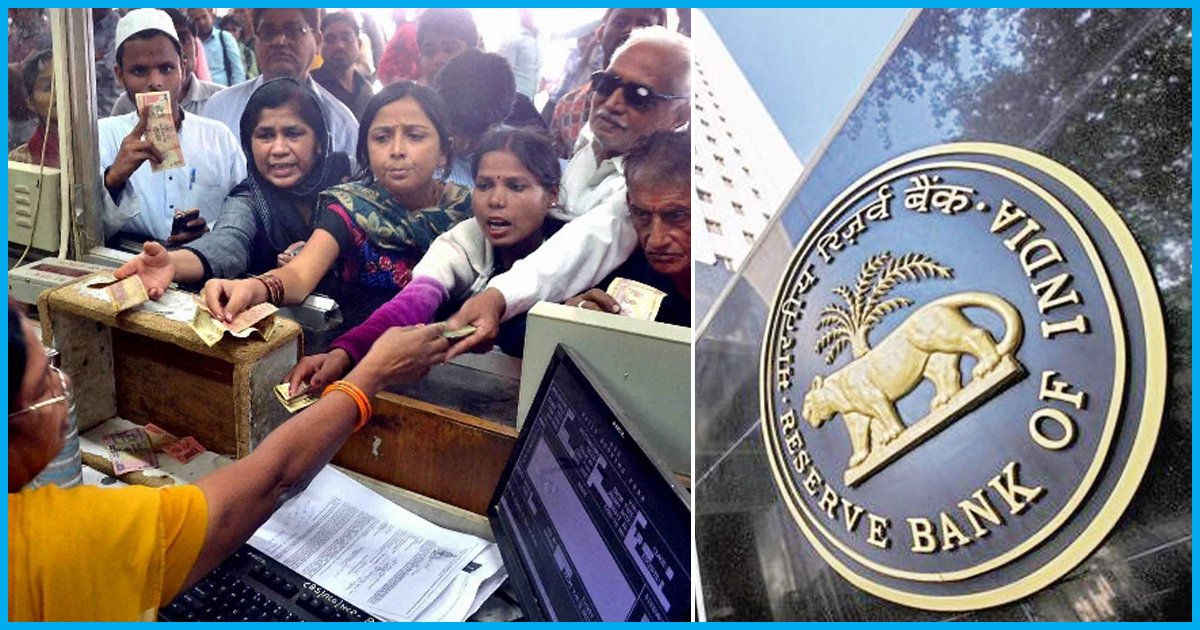
Nine Months After Demonetisation, RBI’s Dividend To The Govt Is Halved From The Previous Year
11 Aug 2017 12:23 PM GMT
Editor : Pooja Chaudhuri
The only fiction I enjoy is in books and movies.
In the year ended June 2017, the Reserve Bank of India (RBI) transferred just Rs 30,659 crore as dividend to the government. This is less than half the previous year’s level, which stood at Rs 65,876 crore. Partly due to demonetisation, it was expected that the gains will be as high as Rs 74,901, however, the same did not happen.
As per Section 47 of the RBI Act, after making provisions for bad and doubtful debts, depreciation in assets, contribution to staff and superannuation fund and for all matters for which provisions are to be made by or under the Act or that are usually provided by bankers, the balance of the profits of the bank is required to be paid to the Central government.
In 2014-15, the Central bank had paid Rs 65,896 crore to the government, which came as a boon to the government in covering the deficit. The surplus transferred to the government was Rs 52,679 crore in 2013-14.
Though the RBI did not give reasons for the sharp fall in the surplus income for the year ended June 2017, The Economic Times reports the reduction in transfer of surplus can be attributed to a number of reasons, namely, higher cost of printing new currency notes and cost of managing excess liquidity from phasing out of Rs 500 and Rs 1,000 notes. Though, it is difficult to identify exact reasons at this stage.
As explained by former RBI governor R Gandhi, the RBI had to take funds from the commercial bank on the reverse repo rate (the rate at which the RBI borrows money from commercial banks) due to post demonetisation cash-flood which added to its costs because the RBI needs to pay interest on this money to banks. This was in contrast to the liquidity being in deficit in prior two years which saw banks borrow from RBI, thereby adding to its earnings. Lower foreign reserves in midst of weak global yields is another reason for low surplus.
The lower amount will be a concern since the government’s non-tax receipts will be affected. “In the Budget it was assumed that around Rs 75,000 crore would come from the RBI, public sector banks and financial institutions compared with a little over Rs 76,000 cr in FY17,” rating firm Care Ratings said as reported by The Indian Express.
“As public sector banks are unlikely to do better than last year and the RBI will be transferring a smaller amount, this will impact the fiscal deficit numbers. If other conditions remain unchanged, the fiscal deficit can increase from 3.2 per cent to 3.4 per cent this year,” it said.
The RBI will finish counting the banned notes by March 2018, if one goes by the estimates of former RBI governor R Gandhi – nearly 3 years after the BJP’s demonetisation move. Till now, demonetisation has only eaten up the RBI’s dividend and only time will tell if will prove to be useful.
 All section
All section













